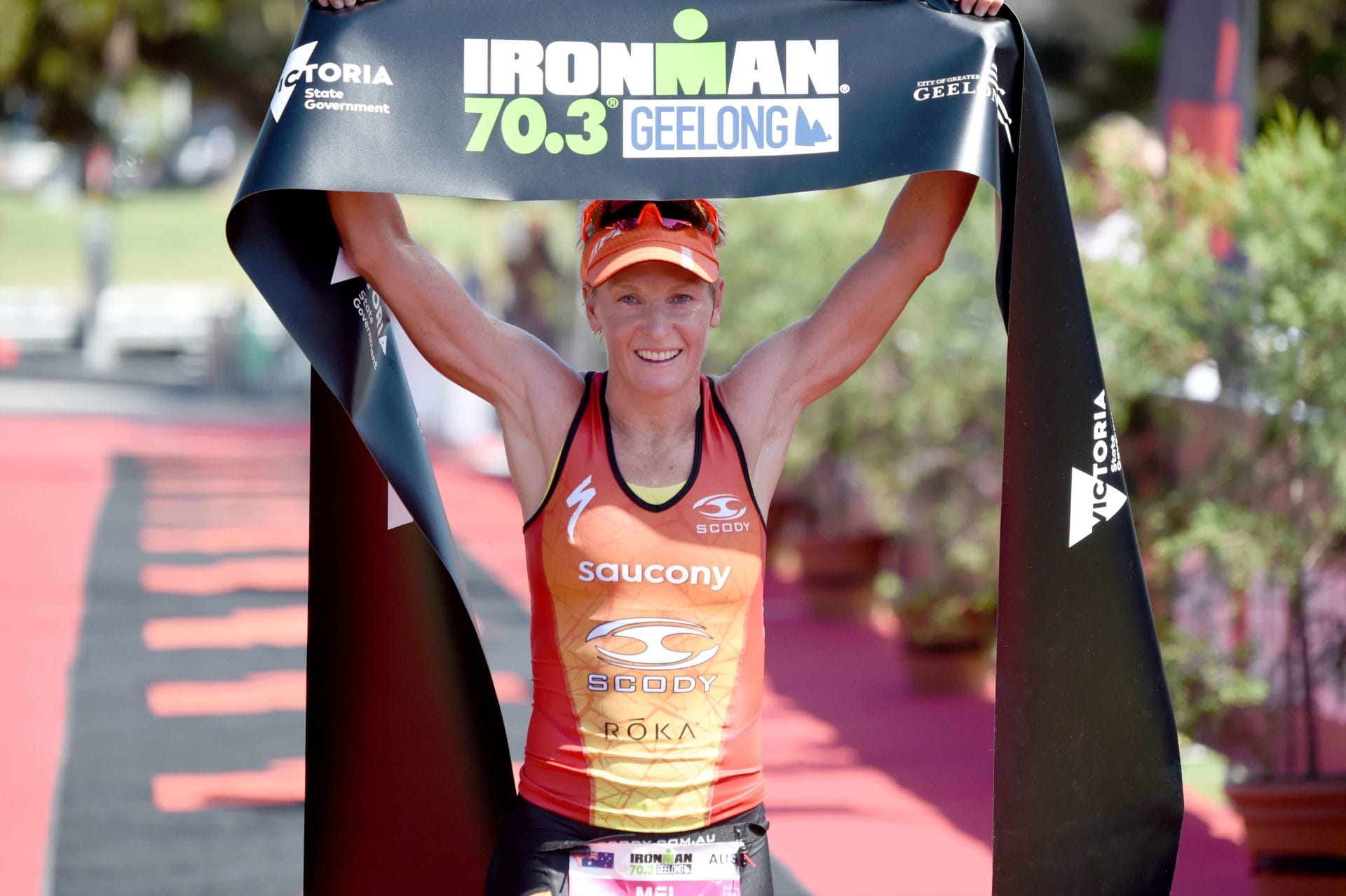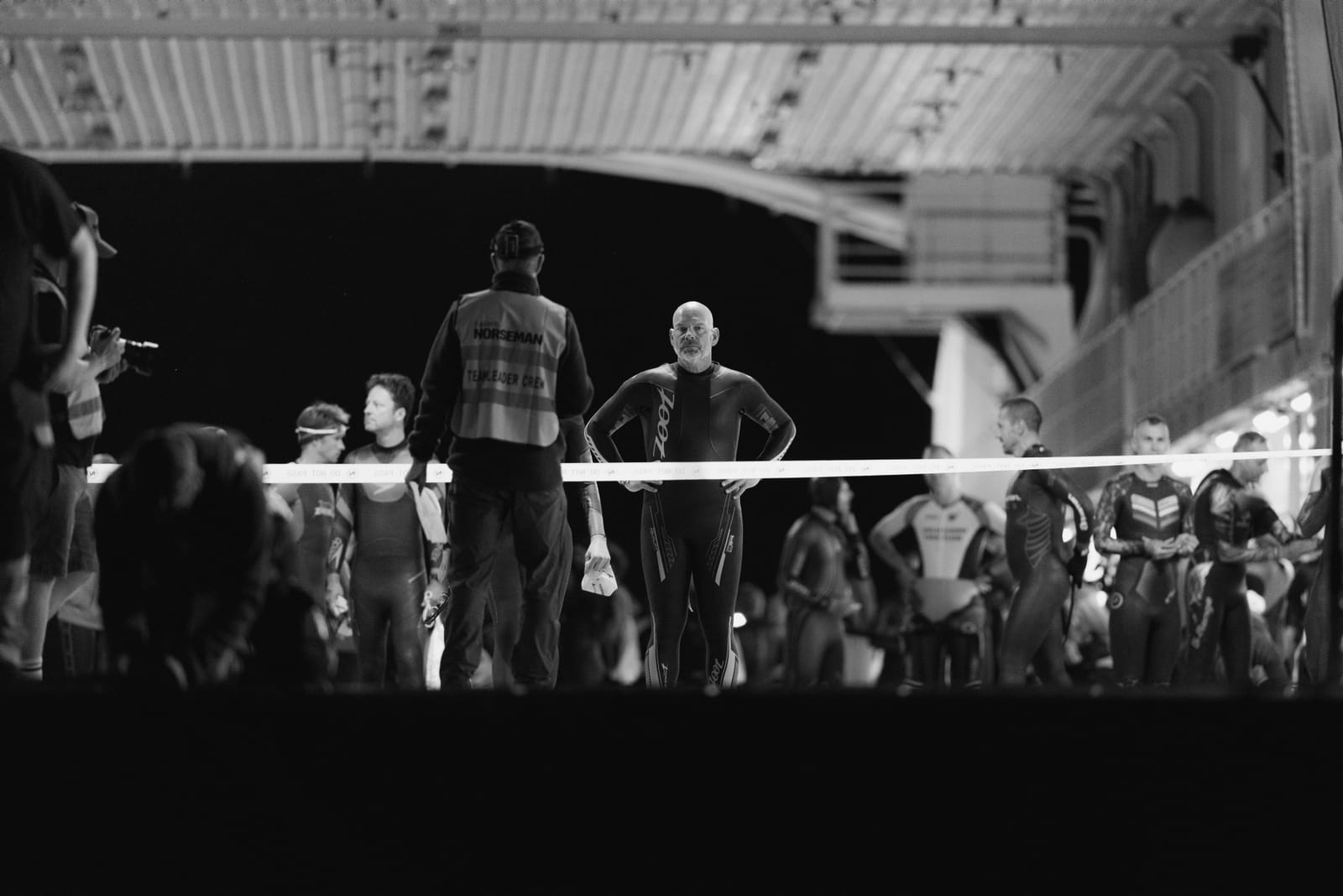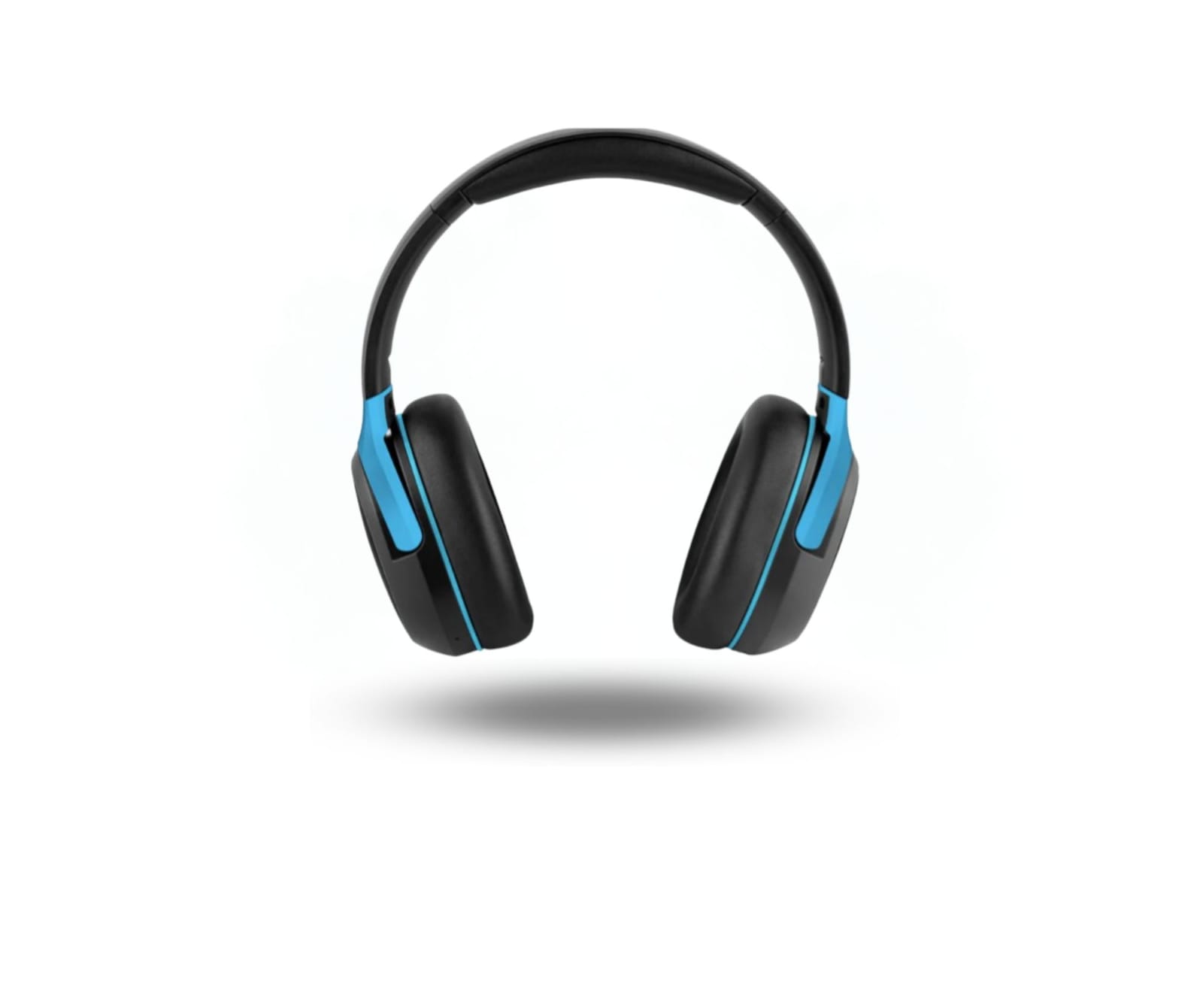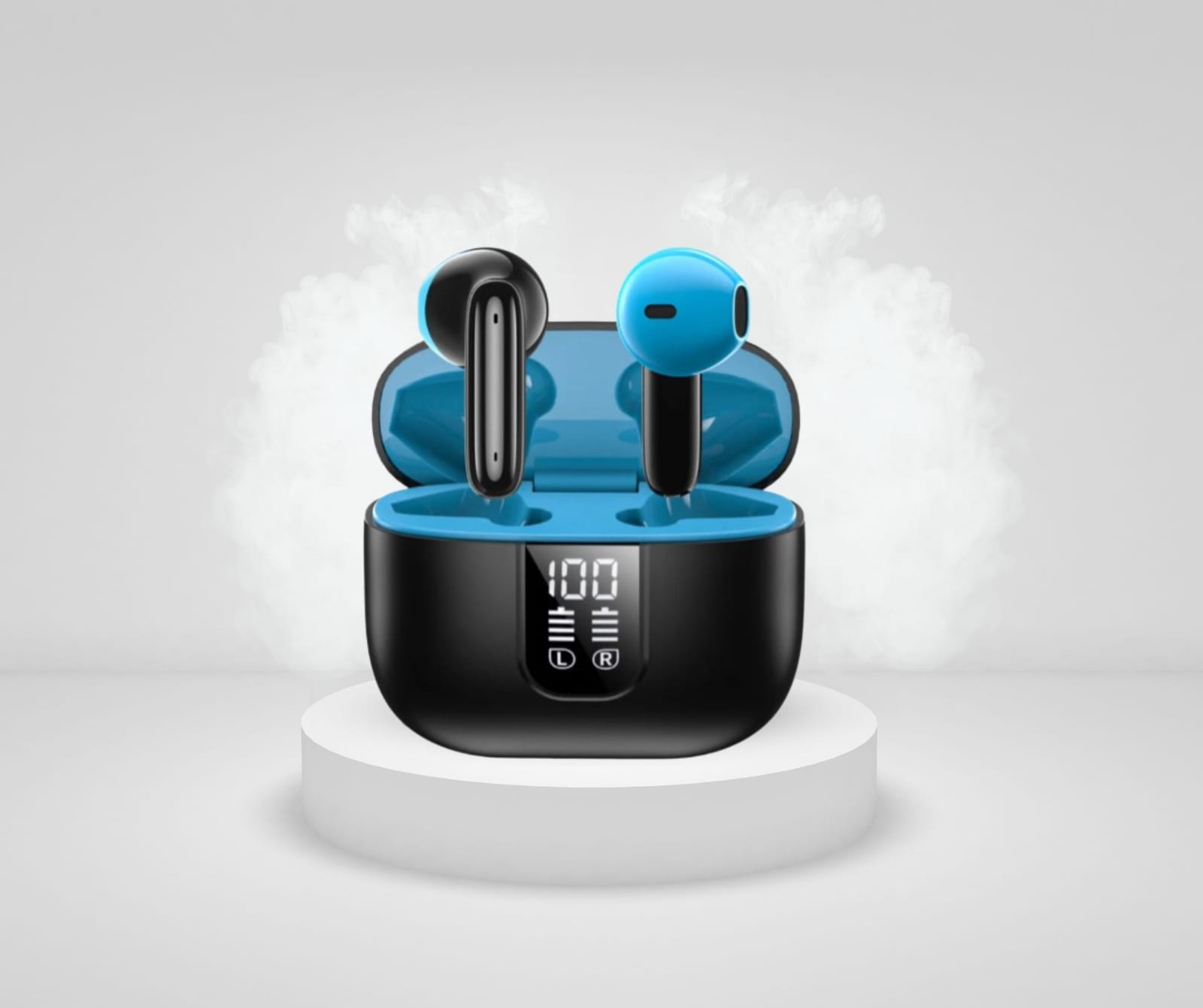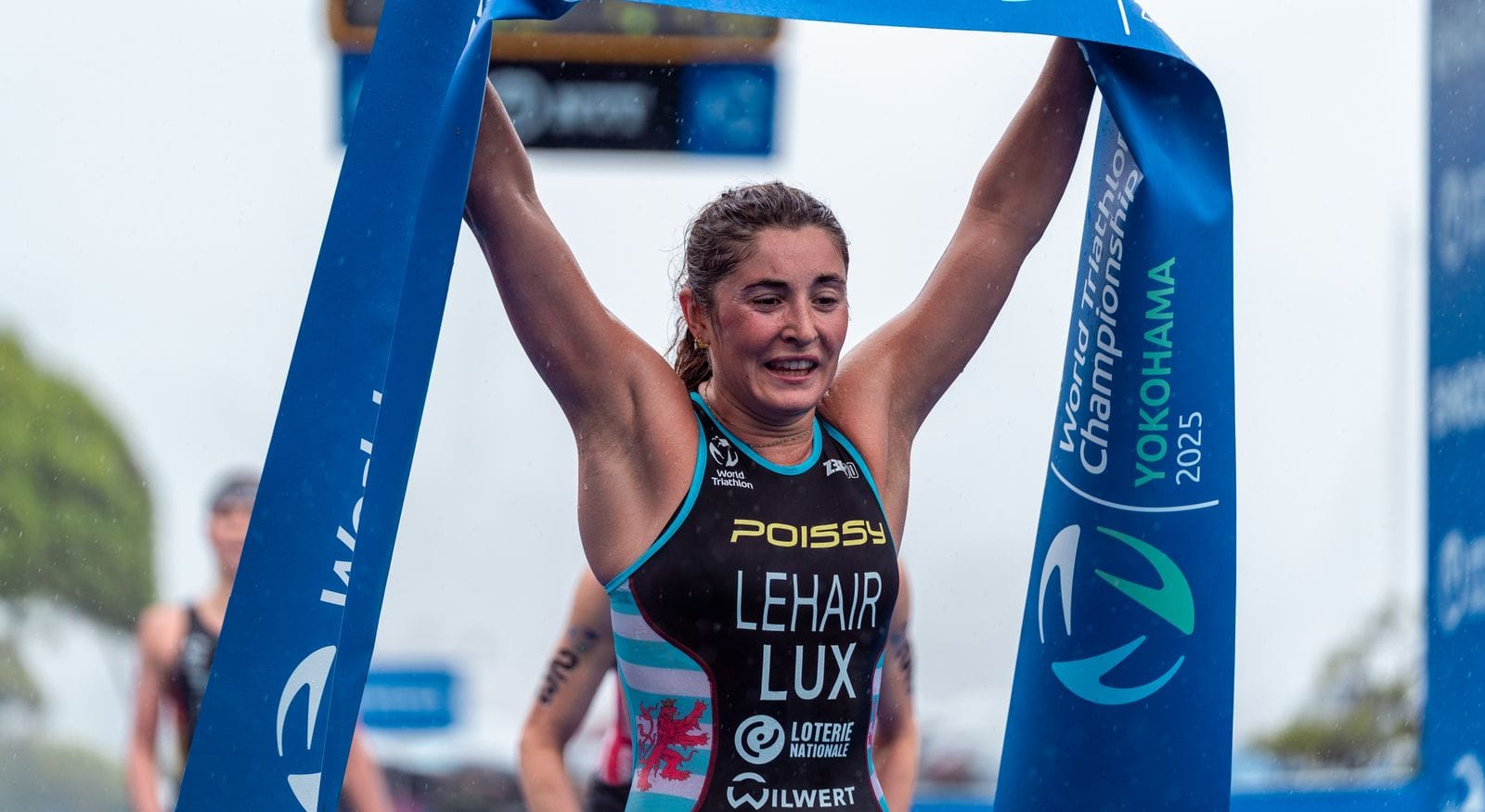Mel Hauschildt is one of Australia’s most successful triathletes, but has faced a tough few years laced with injuries. Trizone caught up with Mel to chat about running through searing pain, her start in triathlon and her incredible mental outlook.
Hauschildt’s 2016 in a nutshell
“Not finishing Kona ruined my whole year,” said Hauschildt. “I had injury problems all year, so it was very up and down. Results-wise, I had a good year, but I felt I could do a lot better.”
Mel Hauschildt had prepared for Kona and was the fittest she’d ever been. “I was on the start line at Kona in the best shape of my life,” she recalled. “I’d had some wins, and was feeling good. I just didn’t know I had an injury.”
While her DNF at Kona was a huge disappointment, she’s overcome incredible odds and injuries to obtain the impressive results she’s acquired over the past few years.
The runner transitions to triathlon
Melissa Hauschildt has always been an impressive athlete, but her career didn’t begin in triathlon. She’d represented Australia in running but it was taking its toll. “I always hated water, but my coach suggested I try triathlon and I found I was good at it.”
It wasn’t just early success that spurred her on. Melissa had struggled with injuries from running, and was finding running 120km per week was too hard on her body long term. “I realised I could still be an athlete full-time,” she said. “It had been my dream my whole life.”
Melissa Hauschildt hates the water
“I’ve always hated water, but I figured I love running and cycling, so I could just put up with the swimming,” he added. “I knew it would be better than having a 9-5 job at a desk.”
As she started triathlon training, Hauschildt struggled with running through extreme fatigue. “I never used to feel sluggish during running,” she said. :”After my first run off the bike, I thought ‘I can’t do it!’ I just felt so sh**! But I started to get used to that feeling when I’m running rather than feeling bright and light.” Mel Hauschildt started to enjoy the change in sport, and the mental discipline triathlon requires. “In triathlon, you can keep going if you’re mentally strong enough. It’s different to running.”
“I signed up for the Gold Coast half IRONMAN in 2010, and they let me race pro because of my running results,” she said.”
Melissa entered the race to prove to her coach how bad she could be at triathlon, but her competitive nature shone through, and she won! “After that I really didn’t want to do half IRONMAN again, it was so long,” she noted. “But I realised there was more money in triathlon and I could make it a career.”
Massage slip creates most painful race ever
Mel Hauschildt’s journey to where she is today involves an excruciating pre-World championship massage in 2014. “I went to get a massage a few days before the Worlds,” she said. “I didn’t even need the massage, but I figured I’d loosen my upper body so I could swim better.”
As the massage progressed, tragedy struck. “He slipped on my chest and dislocated my rib and tore the intercostals. All the training I’d done was taken away. I’d planned to make my Kona debut that year too.”
Determined to power through, with the fierce willpower that only Melissa Hauschildt can muster, she put on a brave face and asked her husband to dress her in her wetsuit as she was in too much pain to dress herself. “I figured when the gun went off I’d be fine, but I could barely breathe,” she recounted. “I didn’t want to put too much thought into it, though.”
As Melissa took to the start line, the other pros were warming up in the water but she new she was in too much pain to waste precious energy on a warm up. “A sponsor came up to me to say hello and ask me why I wasn’t warming up,” Hauschildt said. “I just said I already had. I really hoped I could pull it off.”
As the gun went off, she mustered all the courage she had and plunged into the water as searing pain stabbed through her chest. “Going through the swim was the most pain I’d ever been in.,” she said. “After the swim, I figured the hardest part was over, but the cold air on the bike made it worse. As I jumped off my bike at T2, I felt like someone had stuck a knife through my lungs. I felt like I was going to die!”
Overcoming the mental block of injury
A terrified Hasuchildt found her coach and was slowly escorted from the race which had a huge mental impact as well as physical. “I had this feeling into the new year that I didn’t want to do anything,” she said. “I just felt it was pointless. I put everything into that race, and I got nothing out of it. It took me a while to get my head back into triathlon.”
Full IRONMAN after just eight weeks
Like every obstacle before, Melissa summoned her insurmountable courage and got back into training. Just eight weeks before the Port Macquarie IRONMAN in 2014, Melissa’s coach approached her with a crazy idea. “He asked me if I wanted to try an IRONMAN. I thought he was kidding! But I was excited because I always like a challenge.”
Despite never having run further than 21km at a time, Hauschildt decided she’d give a full IRONMAN a try. “I was really unprepared for the actual race, but my training was good. I just had no idea about nutrition, I didn’t even think of it. When I’m out training, I usually have a peanut butter sandwich on the bike, but I knew I couldn’t do that! So I asked a few people about nutrition and they said they eat a lot of gels. I took their advice, but by the run my stomach was ripped to pieces. I said I’d never do an IRONMAN again!”
Cramps at IRONMAN WA threaten success
Despite being frightened away from full IRONMAN distances, Hauschildt signed up for IRONMAN WA in 2016 (after setting a new course record for Geelong 70.3 in the meantime) but was plagued by injury again. “I had swelling of my femoral nerve, and when it would get worse, it would shut off my entire quadricep, ” she remembered. “I just wanted to get through IRONMAN WA so I had the qualifications for Kona.”
Preparing for the race not only involved training, but also detailed treatments for the injury. “Just three days before the race I had treatment. They paralysed my leg for 30 hours. I actually broke my husband’s wrist because I forgot I couldn’t stand up and pulled him down with me! He didn’t tell me before the race though as he didn’t want me to think about it.”
After having countless treatment on the nerve, it had become fatigued from excessive twitching and felt heavy on the start line, but Hauschildt powered through the race into the bike leg. “I had to get off at every aid station and massage my leg at every stop,” she said. “At 120km, I had to try to use my hamstrings not my quad muscles and cruise through the bike. I knew if I overused my quads, I wouldn’t be able to run.”
Her strategy worked and after T2, she was in the lead. “I was going OK, but at 24km my hamstring started cramping,” she said. “I’d never had a real cramp. It just paralysed me, and I was just stuck there. No matter how hard I tried to keep going I had to just wait until it passed. I was standing there really anxious that someone was going to run past me.”
Hauschildt’s huge lead at IRONMAN WA
Unbelievably, Hasuchildt had such a clear lead she was able to stop six times throughout the run and stretch to try and ease the cramps. “I guess the main thing was finishing, but me being me, of course I wanted to win and I did! And I set the course record,” she said.
The swelling of her femoral artery was so severe, it had expanded to 2.5 times the size of the other leg’s artery. “After the race, they dug out the nerve and put cortisone around it to get it back to its normal size,” said Hauschildt. “I had to have two weeks with no biking and no TT.”
Mountain biking part of rehab
As always, Hauschildt harnessed her super mental power to keep moving forward, and decided if she wasn’t allowed to ride her TT bike, she’d find another bike to ride. “Specialised had given me and my husband mountain bikes, so we started to go out on them,” she said. “Now mountain biking is in my program twice a week! Recently we went down a trail that dropped off into nothing and I fell and rolled three times. It’s fun though to get out on a bike again.”
Hauschildt is currently getting back on her TT bike and preparing for a huge year in 2017 which definitely includes Kona. After the Geelong 70.3 team event, she’s heading to Taiwan. “Then I might do another full IRONMAN. I don’t have to do one to qualify for Kona, but I’d like to test my legs over the distance,” she said. “It’s really good mental training to get through that distance.” Hauschildt’s mental strength is nothing short of incredible, and her ability to overcome injury and continually find herself on podiums is the true essence of endurance racing.


